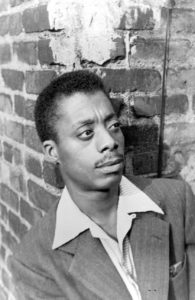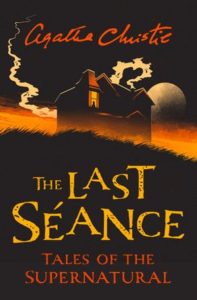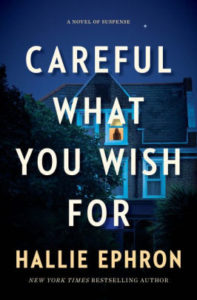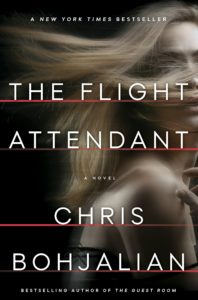Huffington Post once reported that a British literary agent got sentenced to prison for cheating gullible, fame-seeking clients out of their money. His clients thought movie deals were in the works with big Hollywood names — and who doesn’t want to be famous as well as rich?
I’ve never been cheated by an agent, but remember in Moonstruck how Vincent Gardenia warns Cher not to go through with a second marriage? He tells her, “Your mother and I were married fifty-two years and nobody died. You were married, what, two years, and somebody’s dead. Don’t get married again, Loretta. It don’t work out for you.”
Well, that’s been my story with literary agents. All of them. It don’t work out for me.
One agent was funny and charming and we had great chats, but my career only moved a bit forward over several years because an editor I admired approached me to switch publishers.
Another agent made me feel like I was caught up in a bad romance, never responding to my queries or telling me who was seeing my book. It turned out that she was busy sleeping with her most famous client. A third agent screwed up a book deal in major ways and a fourth offered me great advice for revising a book, but despite my doubts, took it to New York in the middle of a stock market meltdown when panicky editors weren’t buying anything. Even though I had asked her to wait.
A fifth agent kept sending a mystery of mine to editors who didn’t like the genre, and then she left the business. After we signed, another agent relocated to Japan and I wasn’t convinced a Skype relationship would work out despite her saying she would come to the U.S. once a year. Then there was the agent who turned weird on me and another client who was a friend, spreading rumors about the other writer for reasons that are mysterious at best. That agent was fired by her agency.
I started my career at a time when the conventional wisdom was that you couldn’t even have a career without an agent. And without an agent, you weren’t really a serious writer. But experience has proven something different and the publishing world has completely changed since then. Most of my books have been un-agented and they’ve done as well as or better than the ones agents represented. One of them has even sold about 300,000 copies and been translated into fifteen languages from Spanish to Thai.
When I told a novelist friend in New York about my bizarre agent history she assured me that my saga was pretty typical: “It’s just that most of us don’t want to talk about it because we’re too ashamed.”
Lev Raphael’s 26th book is about college professors behaving badly, very badly: State University of Murder.








